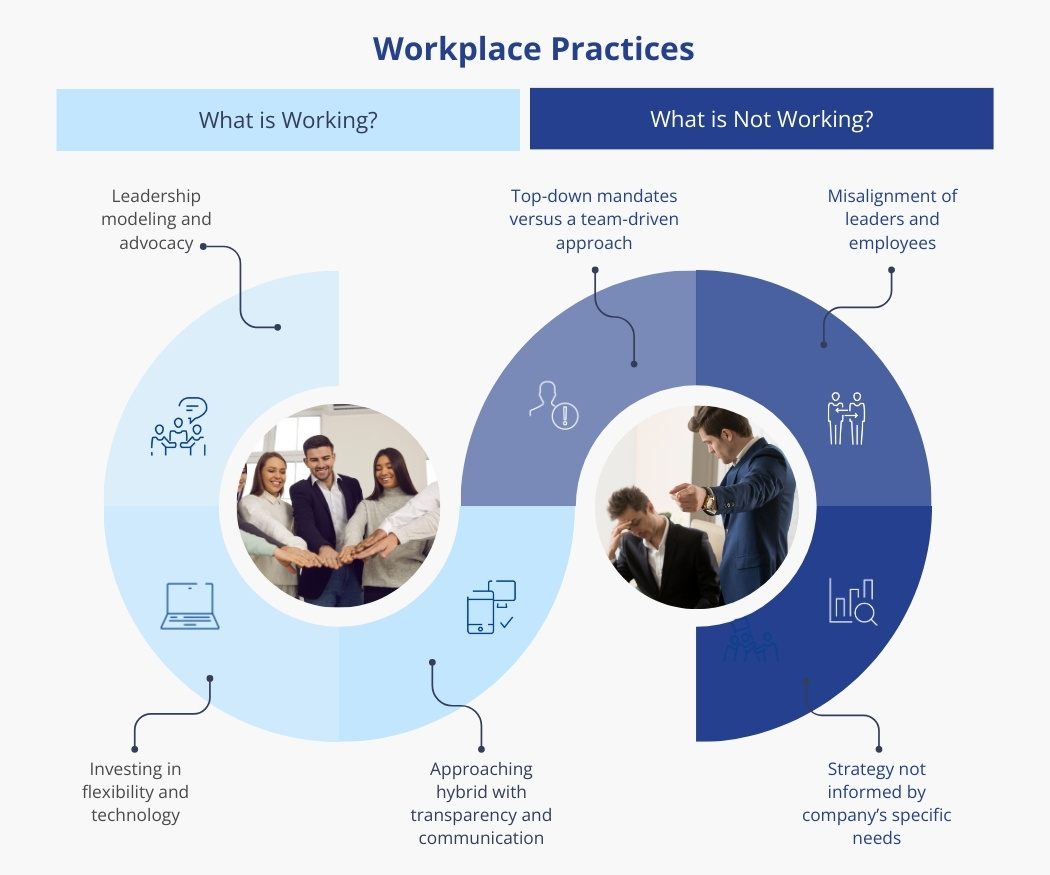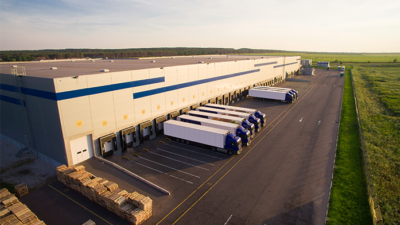- Office vacancies are at record highs.
- Hybrid work is here to stay.
- Employees and management have different opinions on what constitutes work and where it should be done.
- Understanding what is effective and what isn’t in the workplace is vital.
- A deeper appreciation and implementation of new work dynamics can aid in asset value creation and durability.
Office vacancies have eclipsed the highs of the Global Financial Crisis and are still rising. This scenario has had clear implications on the value of office properties, especially those with debt maturities and high vacancies. Occupiers are still figuring out how much space they need and how to utilize it. Since leases roll at different times, those with leases expiring now and in the future can gain valuable insight from the experiences of others.
Hybrid work is here to stay. The message is clear: adopting flexible work practices can lead to significant advantages for both organizations and employees in terms of well-being, productivity, and overall work satisfaction. Organizations continue to navigate challenges as they work to implement hybrid strategies that address leadership concerns about cultural cohesion, development, and productivity while offering the flexibility that employees have come to expect post-pandemic. However, leaders continue to express a preference for more on-site time than employees do. Organizations facing challenges are highlighting what isn’t working, while those that have refined their policies and responses are emerging as exemplars, offering insights into effective approaches.
 Aaron Jodka
Aaron Jodka
The buildings that can adapt to the new normal of work stand to outperform their competition and create or maintain value.

Investors have been thrown for a loop by current challenges. They are now learning what today’s occupiers need and want and how they can provide it. By offering the latest technology and amenity packages, landlords can attract new tenants while maintaining their existing occupancy. In some cases, acquiring assets at a discount can allow for a renovation strategy to reposition the asset. The buildings that can adapt to the new normal of work stand to outperform their competition and create or maintain value.
This Quick Hits is based on the recently released report, Workplace Realities in 2024, from Colliers Occupier Services.

 Michelle Cleverdon
Michelle Cleverdon


